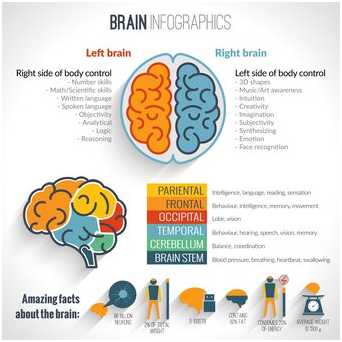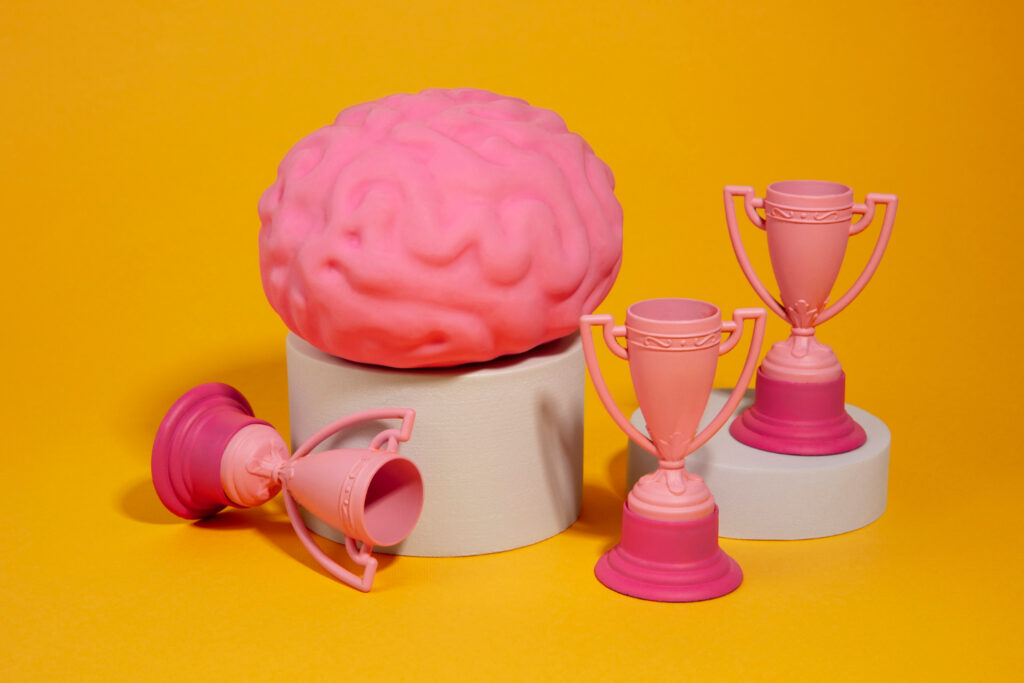hysical activity has long been known for its numerous health benefits, such as improving cardiovascular fitness, maintaining a healthy weight, and reducing the risk of chronic diseases like diabetes. However, research has also shown that regular physical activity can have a profound impact on cognitive functions and brain health. In fact, engaging in physical activity has been found to enhance mental performance, improve memory, and even boost academic achievement. In this article, we will explore the relationship between physical activity and cognitive functions, highlighting the neurological benefits and the mind-body connection.

The Science Behind Exercise and Brain Health
When we engage in physical activity, it triggers a series of physiological changes in the body that can have a positive impact on the brain. One of these changes is the production of growth factors, which are chemicals that promote the growth of new blood vessels in the brain and support the overall health of brain cells. Additionally, exercise has been found to increase the volume of specific brain regions that are involved in thinking and memory. These findings suggest that physical activity can play a crucial role in maintaining and improving brain health.
Exercise and Memory
Numerous studies have shown that regular exercise can improve memory and enhance cognitive function. For example, a study published in the Journal of the American Geriatrics Society found that tai chi, a form of exercise that involves slow and focused movements, had the potential to enhance cognitive function in older adults, particularly in the realm of executive function. Executive function refers to the cognitive processes involved in planning, working memory, attention, problem-solving, and verbal reasoning. The learning and memorizing of new skills and movement patterns in tai chi may contribute to its positive effects on cognitive function.
Exercise and Mental Performance
In addition to improving memory, physical activity can also have a positive impact on mental performance. Engaging in regular exercise has been found to increase focus, attention, and the ability to stay on task. This is especially important for children, as research has shown that physically active children tend to have better academic performance, improved memory, and enhanced attention compared to their less active peers. The benefits of physical activity on mental performance extend beyond childhood and can be enjoyed by individuals of all ages.

The Role of Cardiovascular Activities
Walking is one of the most commonly studied forms of exercise when it comes to its impact on brain health. However, it is likely that other forms of aerobic exercise that increase heart rate and get the blood pumping can yield similar benefits. Cardiovascular activities, such as jogging, cycling, swimming, and dancing, can all contribute to improved brain health. These activities not only promote cardiovascular fitness but also stimulate the release of endorphins, which are neurotransmitters that enhance mood and reduce stress and anxiety. By indirectly improving mood and sleep, exercise can further enhance cognitive function.
Establishing Physical Activity as a Habit
To maximize the brain benefits of exercise, it is important to establish physical activity as a habit. Just like taking a prescription medication, exercise should be incorporated into our daily routine. The American Heart Association recommends aiming for at least 150 minutes of moderate-intensity exercise, such as brisk walking, per week. Starting with a few minutes a day and gradually increasing the duration and intensity can help individuals reach their exercise goals. It is important to note that the cognitive benefits of exercise may take time to manifest, with studies suggesting that it may take around six months to start reaping the full benefits. Therefore, patience and perseverance are key when incorporating exercise into our lives.
The Mind-Body Connection
The connection between physical activity and cognitive function goes beyond the physical benefits of exercise. Engaging in regular physical activity can have a positive impact on mental well-being and overall cognitive wellness. Exercise has been found to reduce symptoms of depression and anxiety, improve self-esteem, and promote a sense of well-being. These mental health benefits can further enhance cognitive function and contribute to overall brain health. The mind-body connection is a powerful mechanism that highlights the importance of taking care of our bodies to support optimal cognitive function.

Tips for Incorporating Physical Activity into Your Routine
If you’re looking to incorporate more physical activity into your routine to support cognitive function and brain health, here are some tips to get started:
- Start with small goals: Begin with a few minutes of exercise each day and gradually increase the duration and intensity over time.
- Find activities you enjoy: Choose activities that you find enjoyable and that suit your fitness level. Whether it’s dancing, swimming, hiking, or playing a sport, engaging in activities you love will make it easier to stick with them.
- Mix it up: Incorporate a variety of exercises into your routine to engage different muscle groups and challenge your brain in different ways. This can help prevent boredom and keep you motivated.
- Make it a social activity: Exercise with friends or join group classes to make physical activity a fun and social experience. This can help provide additional motivation and support.
- Prioritize consistency: Consistency is key when it comes to reaping the cognitive benefits of exercise. Aim for regular, consistent physical activity to establish a habit that will support your brain health in the long term.

Conclusion
Physical activity is not only beneficial for our physical health but also plays a crucial role in supporting cognitive functions and promoting brain health. Engaging in regular exercise can improve memory, enhance mental performance, and boost academic achievement. Whether it’s walking, jogging, swimming, or participating in other cardiovascular activities, finding ways to incorporate physical activity into our daily lives is essential for optimal brain function. By establishing exercise as a habit and prioritizing consistency, we can maximize the cognitive benefits and promote overall wellness and cognition. So, lace up your sneakers, get moving, and unlock the power of physical activity for your brain health.


